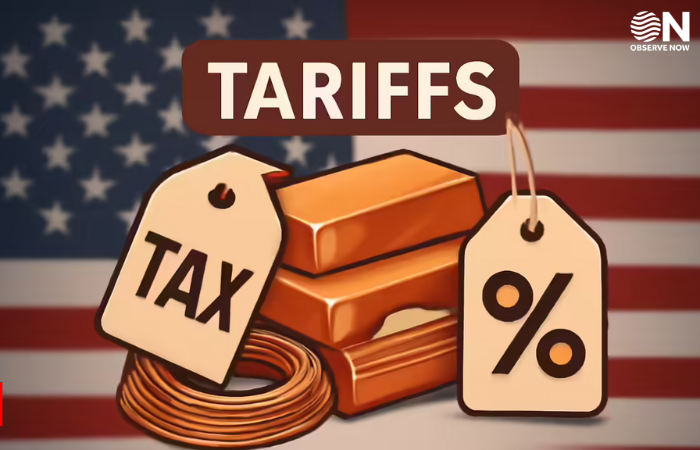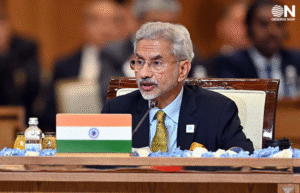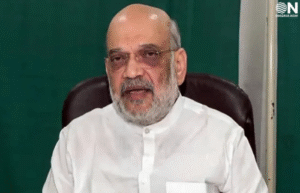US Denies India’s WTO Consultation Request on 50% Copper Tariffs

The United States has rejected India’s request for consultations at the World Trade Organization (WTO) regarding its 50% tariff on copper imports, stating that the matter falls outside the WTO’s jurisdiction. This marks the third instance in recent months where the U.S. has dismissed India’s efforts to challenge American trade measures, following similar disputes involving steel, aluminium, and automotive products.
India had sought WTO consultations to address concerns that the high tariff on copper, a key industrial input, could adversely affect Indian manufacturers and disrupt trade flows. Indian officials argued that the tariffs contravene fair trade practices and requested a formal review under WTO procedures. However, the U.S. maintained that its tariff policies are consistent with its domestic laws and international obligations, limiting the WTO’s ability to intervene.
Trade analysts note that the rejection reflects broader tensions between the two nations over protectionist measures and market access. While India continues to advocate for fair treatment under international trade rules, the repeated denials underscore the challenges of resolving disputes involving key industrial commodities.
Despite this setback, both countries have emphasized the importance of dialogue in managing trade relations. Indian trade representatives are likely to explore alternative avenues, including bilateral discussions and engagement with other WTO members, to address concerns over tariffs and ensure continued market access.
The ongoing series of disputes, including steel, aluminium, autos, and now copper, highlights the complex nature of global trade relations and the limitations of international mechanisms in resolving certain tariff-related conflicts. India’s persistence in seeking consultations signals its commitment to upholding multilateral trade rules, even as it navigates a challenging environment of protectionist policies from major trading partners.
As negotiations and consultations continue, stakeholders from both countries are watching closely to assess potential impacts on industrial supply chains, bilateral trade volumes, and broader economic ties. India’s approach reflects a strategic effort to safeguard its trade interests while adhering to established international frameworks.
















